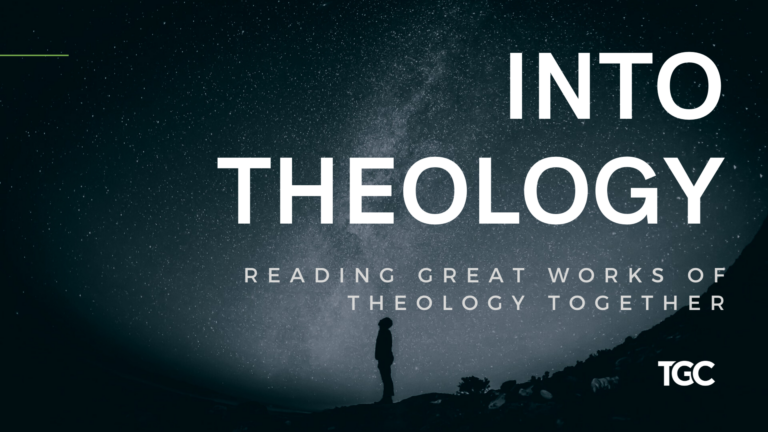Eighty-one percent of Americans go online at least once per day according to Pew Research. Twenty-eight percent of whom live online “almost constantly” during the day. Among young adults (18–29), nearly half are online “almost constantly” during a day.
One does not have to imagine then the research habits of those who primarily or even customarily live online through their digital devices. Google answers all. In 2019, nearly 1.5 million people per month Googled, “Who is Jesus?” And it is not just questions of faith that Google offers the world. It has become the dispenser of data and knowledge for every conceivable field of knowledge.
The difficulty is, as Brett McCracken has noted, “Google and other search engines give quick answers to any question, but the problem is they also turn up too many answers.” And these answers rarely agree, derive from deep research, or come from wise interpreters. They are just answers.
Why would a sixteen-year-old ask his parents a question which they might not know, when Google can instantly satisfy his curiosity? A parent may not know about the latest film, some cultural reference, or a scientific point. Google does—or seems to. Why ask a pastor a spiritual question which could embarrass you, when you can anonymously Google?
Here is the real problem. How can we convince that sixteen-year-old to seek out wise Christians while also providing answers that he can find online to important questions? Both goals are attainable, but it will require a renewed focus on wisdom and a strategic effort to create media that Google will point to when our teenager picks up the phone.
Wisdom
Data-driven research is good. But if no one can interpret the data, then what is it? The reason why scientists spend years in school and doing research is that interpreting data is not easy nor intuitive. It requires deep wisdom.
In today’s culture, however, we privilege instant answers to complicated questions. And wisdom is rarely speedy (Prov 29:20). This is not merely a problem of online media. Christian leaders in an effort to communicate effectively often (and understandably) give simple and speedy answers. In some cases, Christian leaders do not have the time or freedom to do more.
They find themselves lost in administration, in practical ministry, and in other important tasks. Soon, leaders cannot find time for deep thinking about theology and life. This is understandable. When someone calls you in the middle of the night because of a tragedy in the family, the pastor needs to go.
Still, theological formation matters. Which is just another way to say cultivating wisdom about life and godliness. It means moving from Google-answers to wise-answers.
I am not here advocating that pastors avoid people to learn in isolation! I am saying that we need to create a culture in which we value and help leaders think deeply about matters of life and godliness so that they can more effectively serve their church and community.
We put so many burdens on our pastors and leaders. We ask them to speak about vaccines, pandemics, politics, economics, education, and more while they barely can wrap their head around the next children’s ministry program!
If we want wise leaders, we need to give them the time. And we need to make wisdom valuable. We need more Solomons in our midst. And we need our church families to get on board. The sixteen-year-old should know that knowledge without wisdom means little and that knowledge with wisdom means much.
Answers
While “ought” does not follow “is,” we can still balance our pursuit of creating a culture that loves wisdom with good, online resourcing. Both work in tandem. Both support each other.
Christians can and should provide wise, good answers to important questions through online mediums: articles, social media, Youtube, and so on. Realistically, these platforms (or ones like them) will be a primary means of education for the foreseeable future.
As part of The Gospel Coalition Canada, which really amounts to a group of Canadians who want to serve and resource each other, I hope to continue offering up content to win the Google war. I want people to know who Jesus is when they Google.
I also want people to use wisdom to discern useful information from less useful information. I want to encourage leaders to pursue the good, to think deeply, to love greatly, and to answer that 3:00 am call to weep with those who weep.
We cannot have it all. We cannot do it all. We don’t have to. We just need to focus on the right things. And I so hope Canadian Christians will band together to pursue truth, offer wisdom, and provide good, Gospel-centred content to Canadians who need to know the One who is Truth (John 14:6).








